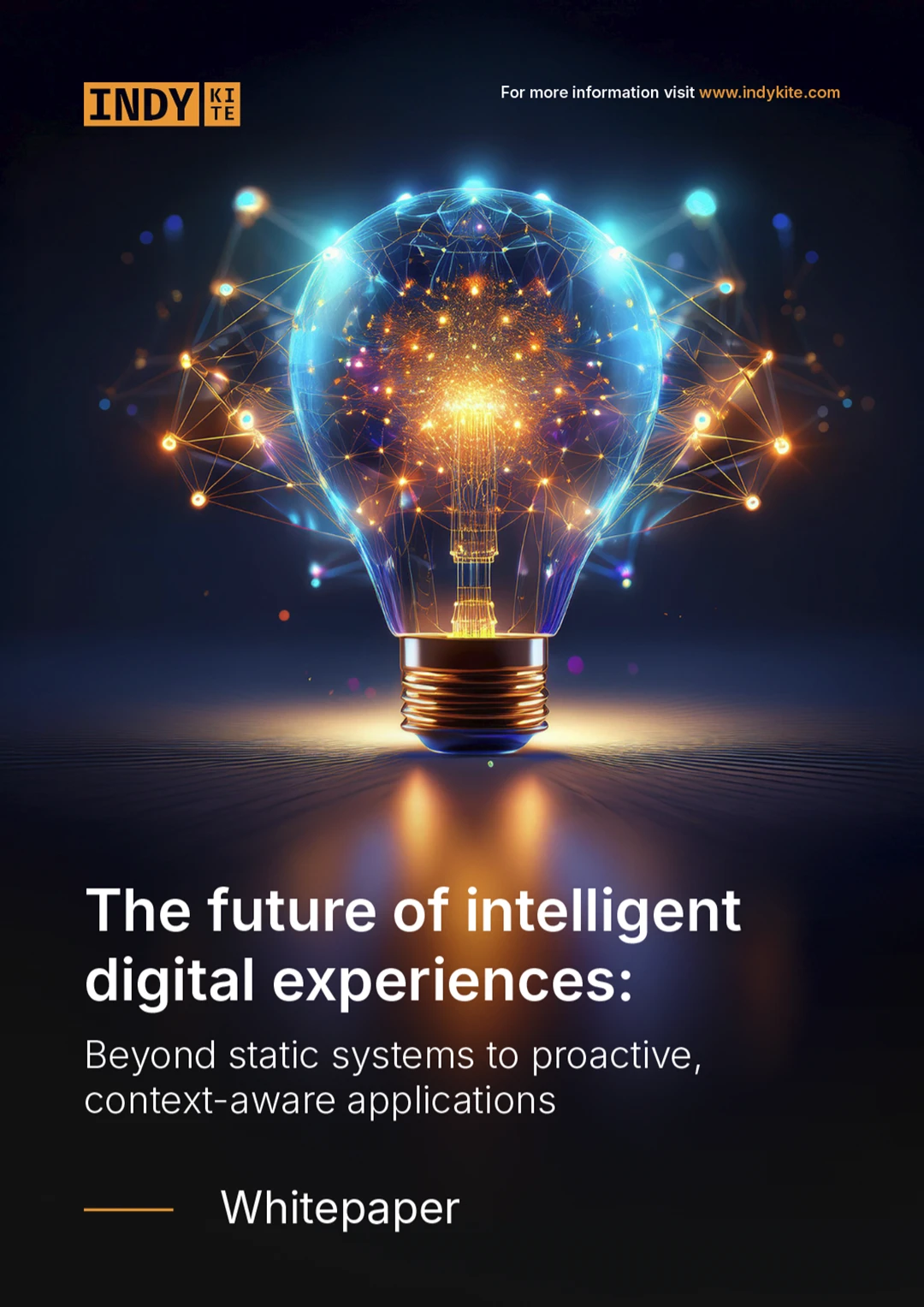Authorization is a major part of an Identity and Access Management system (IAM) and is often a critical differentiator for medium to large enterprises.
Authorization determines what users can see and do in a particular system. It enables trusted identities to access digital assets based on appropriate assurance levels (often within a zero trust framework). What differentiates the solutions in the market is the level of granularity involved in those authorization decisions.
As time has gone on, authorization needs have become more complex and have required more granular management, away from basic role based access control (RBAC), towards attribute based (ABAC) and combined attribute based access (known as Policy Based Access or PBAC).
The more granular, the closer the data reflects the real world and the more control a business has in managing access. Greater control means a more secure system and more user friendly experience.
But despite the advances, the current (majority) state of operating authorization is static, and has failed to evolve as quickly as the applications and services that rely on it. Compounding this is the rapid rise of IOT and connected devices that require automated intelligent authorization.
Closing the gap requires advanced authorization logic that reflects the real world context in a dynamic and contemporary way.
A breakthrough approach to capture this real world context is by using a knowledge graph technology, which uses relationships to connect formerly disparate data.
At IndyKite, we see a significant opportunity around the use of this contextualized data, i.e. knowledge, to drive authorization decisions.
Broadening our understanding and use of access management and identity data can present an untapped opportunity for businesses, not only providing security but value.
- Lasse Andresen
Advancing AuthZ
Authorization that reflects the real world
By capturing data reflective of the real world, where context is king and relationships exist in every direction, we gain new insights, discover new opportunities to create business value while ensuring a high level of assurance and trust..
Real-time risk identification
By constantly interrogating the context, knowledge driven authorization can identify risks based on user data patterns, providing a higher level of security and response.
Enhances the query context
By performing semantic extraction from the Digital Twin (attributes, relationships) and access resources (keywords, metadata and ontologies), you can uncover hidden insights that can create business value
Connects siloed data and removes fragmentation
Knowledge driven authorization can connect disparate data from multiple sources, enabling orchestration across all platforms and systems. This means simple and flexible management, while providing granular and intelligent access control, and a frictionless user experience.
Bringing clarity to complexity
Modern authorization is undeniably complex and can not be accurately reflected with static access control logic, and would often require a developer level skill set to establish rules of access. With KBAC, there’s no coding required, with easy to use visual tools to help build your AuthZ logic.
Interested in learning more? Join us for a webinar as we walk through Knowledge Based Access Control (KBAC), how it works and why it’s a game changer.













